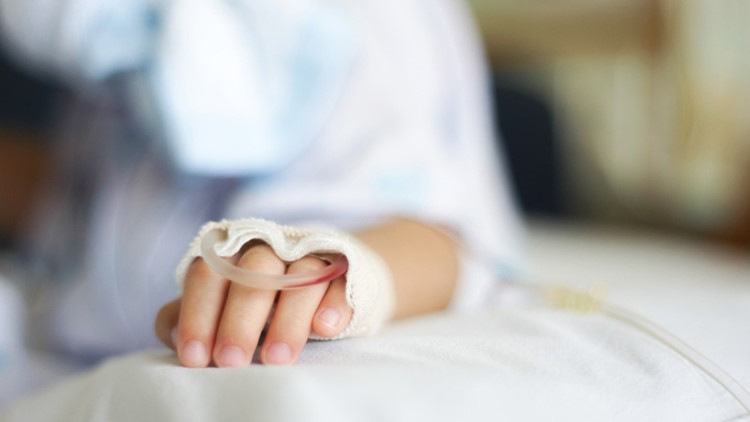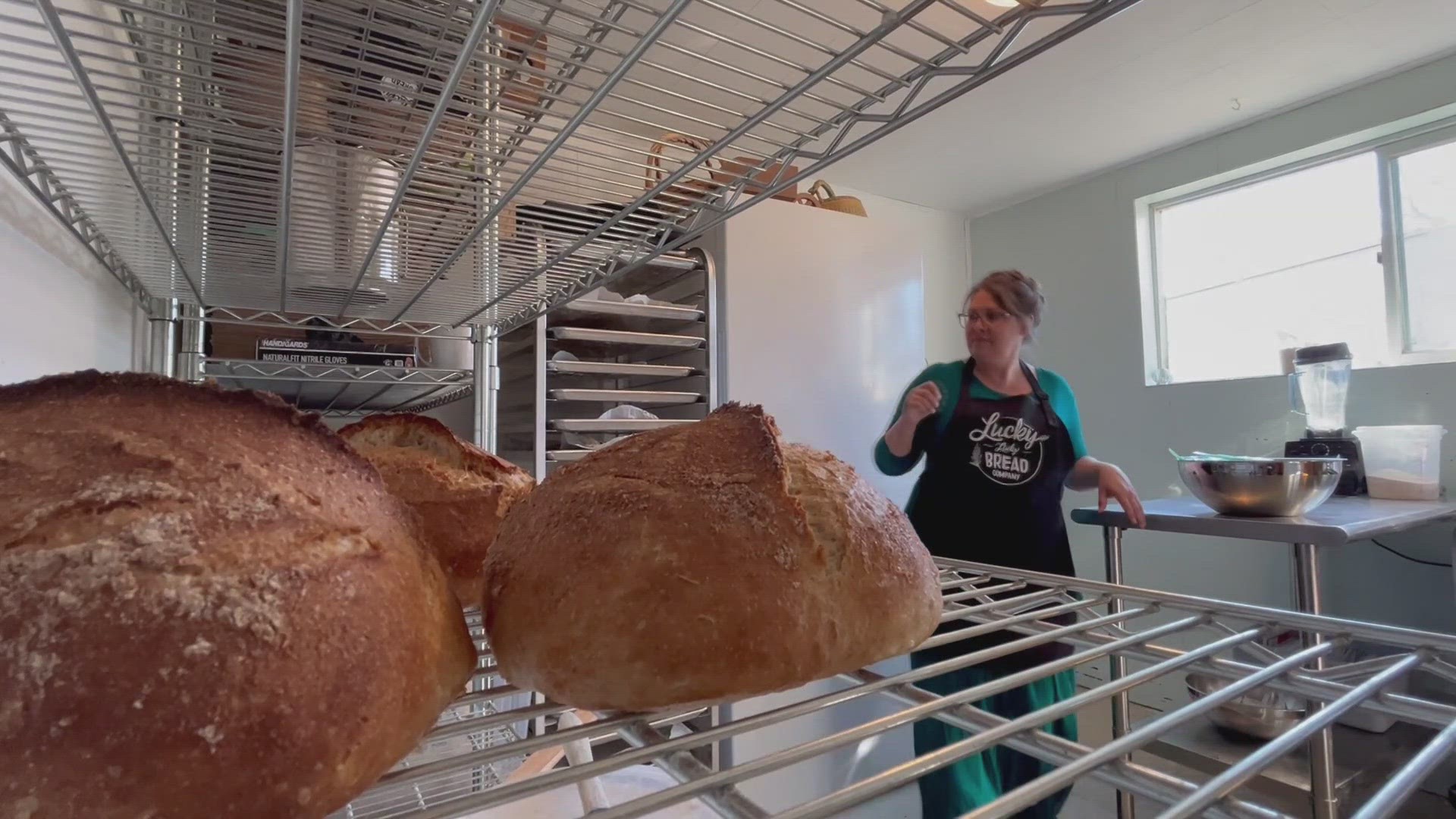One of the most common forms of childhood cancer could be triggered in-part by a lack of exposure to common infections, a major study from Nature Reviews Cancer suggested this week.
Basically: The combination of extreme cleanliness and keeping your kids from contact with other kids does NOT equal the best recipe for pristine health and wellbeing.
The idea that germs can be at-times beneficial is not totally unheard of, but it's now been given major backing by this study based on 30 years of research by well-respected and award-winning professor Mel Greaves, who studies the triggers of childhood leukemia.
Acute lymphoblastic leukemia forms in two steps:
First, a child can be born with a genetic mutation that "generates a covert, pre-leukemic clone," the study says.
Then, as the child ages and is introduced to something like a common cold, for example, the germs can then cause him or her to develop ALL.
The problem is:
Exposure to germs or infections and viruses are "protective" for early-age kids. It's a good thing. It helps build immunity.
But the study says "in their absence, later infections trigger the critical secondary mutations (ALL)."
Kids are put at higher risk "by inherited genetics, chance and, probably, diet."
This does NOT mean:
Maintaining a clean and sanitary home will cause ALL.
Greaves told Newsweek:
"It’s not a dirt or hygiene problem, it’s to do with the social contact of infants. That’s something one can encourage parents to do," he said.
The biggest (and most positive takeaway) of this study:
Greaves now believes acute lymphoblastic leukemia is a preventable cancer.
He also told Newsweek that mothers who can't breastfeed shouldn't worry, as they can introduce their children to proper and necessary germs via playtime with other infants.
And regarding likelihood, parents should know that childhood leukemia is very rare (about 1 in 2,000 will get it), and there's no definitive prevention method.



